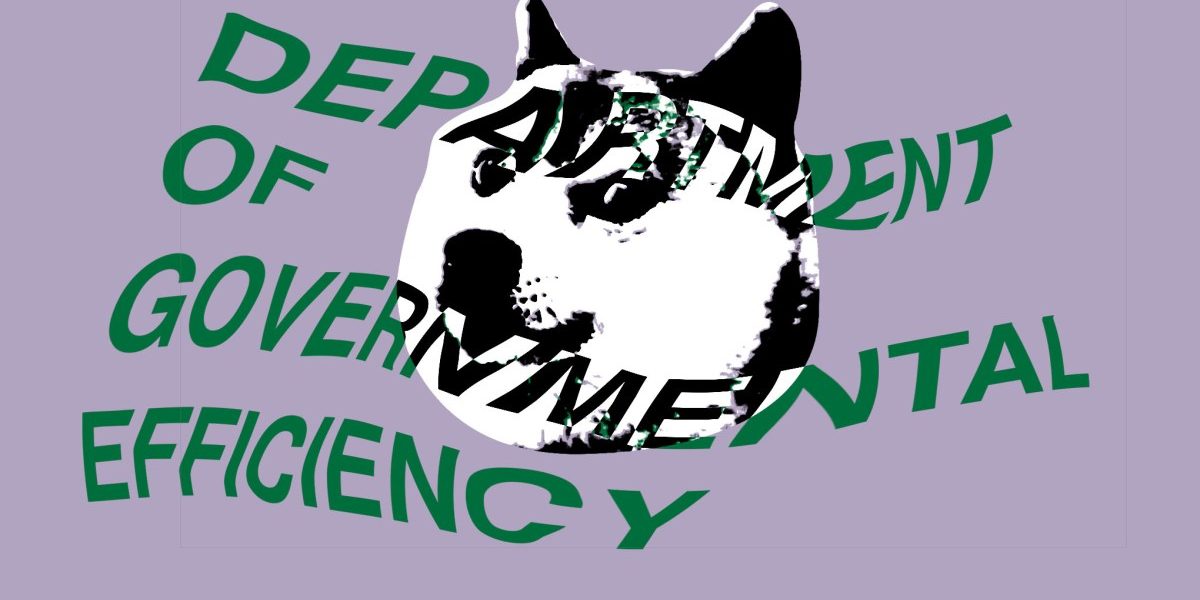DOGE’s Actions Violate the Privacy Act of 1974, and Many Other US Lawsuits Against Elon Musk and His Department of Government Efficiency
A US federal judge declined to block Elon Musk and his Department of Government Efficiency (DOGE) from accessing or transferring data from seven government agencies, or stop further firings of their workforce.
More than half a dozen lawsuits are seeking to block DOGE employees from rifling through these vast troves of data. One thing they all have in common: They allege that DOGE’s actions violate the Privacy Act of 1974.
The Privacy Act is a law that limits how the federal government can collect, use, and share information about US citizens and other people in the United States.
The law’s core features include letting people access government records about them; letting people correct those records if they contain mistakes; requiring agencies to limit information collection, publish lists of records databases, and protect data from hackers; and restricting how agency employees and third parties can access records.
The Privacy Act prohibits an agency from disclosing someone’s records—even within the agency—unless that person approves in writing or the agency meets one of the law’s 12 exceptions. Most of the exceptions are related to certain circumstances such as congressional oversight, law enforcement investigations, court orders, census work, and National Archives preservation. Agencies can share records with their own employees who may need the record in performance of their duties, or with third parties who may need the data for a routine use.
Ending the power grab of the government: The example of Nixon and the state of the art and the legacy of the failure of Congress and the federal government
The powers of the government were illegally used by Nixon to investigate, intimidate and punish his political enemies. He deployed the FBI to spy on his political opponents after he tried to use the IRS to target liberal political groups. Lawmakers wanted to prevent future presidents from using their power for the benefit of the government.
“Congress must act before sophisticated new systems of information gathering and retention are developed, and before they produce widespread abuses,” North Carolina Democratic senator Sam Ervin said as he introduced one of the bills that inspired the Privacy Act. It is not easy to correct errors or provide oversight when new technologies go into operation.
New Mexico Attorney General Ral Torrez said they were disappointed, but remained committed to putting an end to Musk’s power grab. “Every day that he is allowed to operate without a congressional mandate and with little apparent supervision, Musk is destabilizing our government and disrupting critical funding for education, public health and national security. He has a mentality of move fast and break things that is reckless but also unconstitutional, and we are prepared to pursue his case as long as it takes to bring this chaos to an end.

